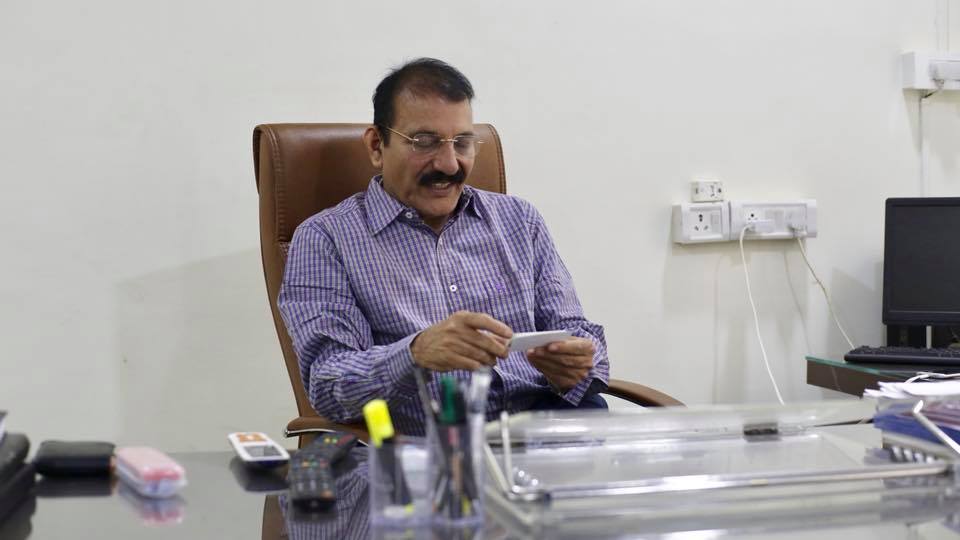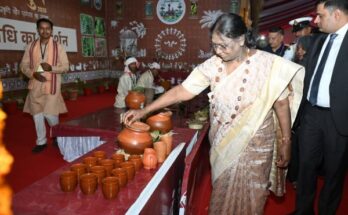
R Krishna Das
Decorated Indian Police Service (IPS) officials are not confined only to conventional policing. And the farmer-turned-IPS-officer Pratap Dighavkar has proved it.
The 2001-batch IPS officer was posted as the Inspector General of Police, Nasik range, last month. Soon after assuming the charge, Pratap took up the task that many would not prioritise.
The recipient of the President Police Medal in 2003, he removed the dust from the files compiling the complaint of farmers. It was related to huge dues of payment that traders owe to the farmers who were already reeling under crises following the pandemic.
Nashik is an agricultural hub known for exporting onion, grapes and pomegranate. The yields are sold across the country to states like West Bengal, Madhya Pradesh, Bihar, Uttar Pradesh and Haryana. The farmers however suffer from a serious malaise – Traders pick up the produce but often show reluctance to pay.
The farmers in Nashik had almost lost hopes of getting their dues cleared from the traders. A cop however brought a ray of hope.
In the first week of taking charge of the Nashik range that included Ahmednagar, Dhule, Jalgaon, Nandurbar and Nashik rural of North Maharashtra, Pratap ordered to all District Superintendent of Police (SPs) in to launch a special drive to register complaints against traders who allegedly duped farmers.
Pratap, who specialises in investigating economic offences, said 24 complaints were registered in 2019. After the campaign was launched, the police received 593 complaints in just three weeks related to dues worth Rs 18.69 crore.
Teams were formed under each police station. The crackdown of cops on traders yielded the desired results as some traders started paying back the dues. In just 21 days, Pratap’s efforts helped farmers to get payments of Rs 2 crore that were due with the traders.
Additionally, traders have promised to return Rs 3.65 crore to other farmers at the earliest. Many farmers got their dues that were pending for three to five years.
Pratap’s sentiment for the farmers was intrinsic. He has himself realised their plight. For, before being selected in the prestigious service, he used to work in his ancestral field in Satana about 90 km from Nashik; ploughing, spraying fertilisers and growing pomegranate.



